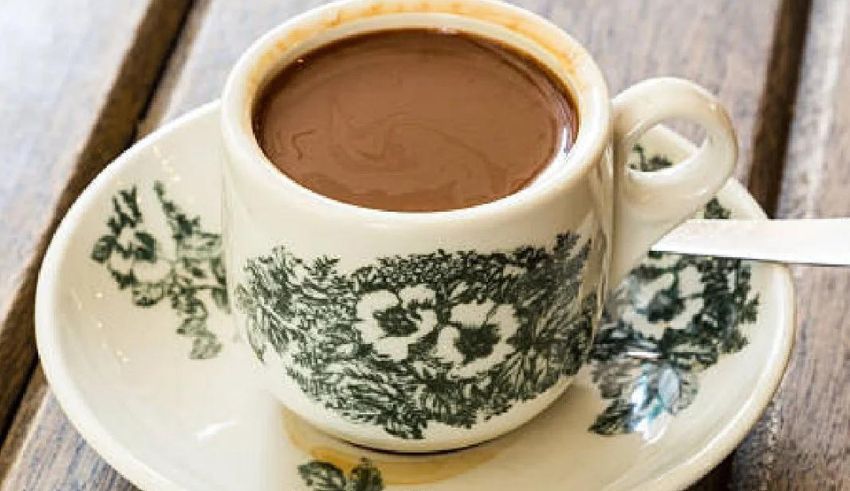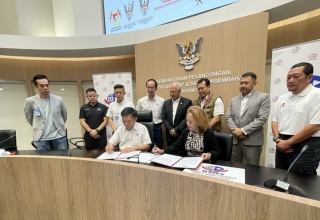
Singaporean and Malaysian coffee culture is rich with history and multiculturalism, and it’s about much more than simply the aroma of freshly brewed coffee. The distinctive and famous coffee names in both nations are a reflection of their common history and the cultural influences that have shaped their communities.
Who Made ‘Kopi’
The Dutch term “koffie” is the origin of the Malay word “kopi,” meaning coffee. The era in which the Dutch introduced coffee to Southeast Asia, and more especially to Java, is recognized in this statement. An amalgam of the Malay and Hokkien languages, “kopitiam” means “coffee shop.” The linguistic variety of the area is further demonstrated by its recent addition to the Oxford English Dictionary.
A Blend of Cultures In Singapore and Malaysia
You may find a wide selection of coffee kinds at any typical coffee shop. Conversely, “Kopi C” refers to sugared coffee mixed with evaporated milk; the initial “C” is supposedly an abbreviation for the initials of the popular brand of evaporated milk (Carnation).
Keep Reading
How Coffee Names Have Changed Over Time
The names of various coffees have evolved throughout time to incorporate various descriptors that describe its intensity, sweetness, or milkiness. For instance, in Hokkien, “kau” means “thick, rich, strong,” thus the expression “Kopi kau” describes very concentrated coffee. The evolution of coffee’s names is a reflection of how people’s preferences have changed through time. Thus, it can be said that both nations had a hand in shaping this unique coffee culture.
Singapore and Malaysia share a rich coffee culture with many similarities, particularly in the traditional ‘kopi’ varieties they offer. Here are some of the common coffee types you’ll find in both countries:
- Kopi: This is the standard coffee served with sugar and condensed milk.
- Kopi O: Black coffee with sugar. The ‘O’ stands for ‘black’ or ‘dark’ in Hokkien.
- Kopi O Kosong: Black coffee without sugar or milk. ‘Kosong’ means ‘empty’ or ‘zero’ in Malay, indicating no sugar or milk.
- Kopi C: Coffee with sugar and evaporated milk. The ‘C’ is believed to represent the initial letter of Carnation, a popular brand of evaporated milk, or it could refer to the Hainanese pronunciation of ‘fresh’.
- Kopi Kau: An extra-concentrated coffee with sugar and condensed milk. ‘Kau’ is the Hokkien word for ‘thick’ or ‘strong’.
- Kopi Siew Dai: Coffee with less sugar and condensed milk. ‘Siew Dai’ combines Cantonese words for ‘less’ and ‘base’ or ‘bottom’, referring to less base ingredient of condensed milk or sugar.
While the coffee names and basic preparations are similar, there are subtle differences in taste preferences.

























